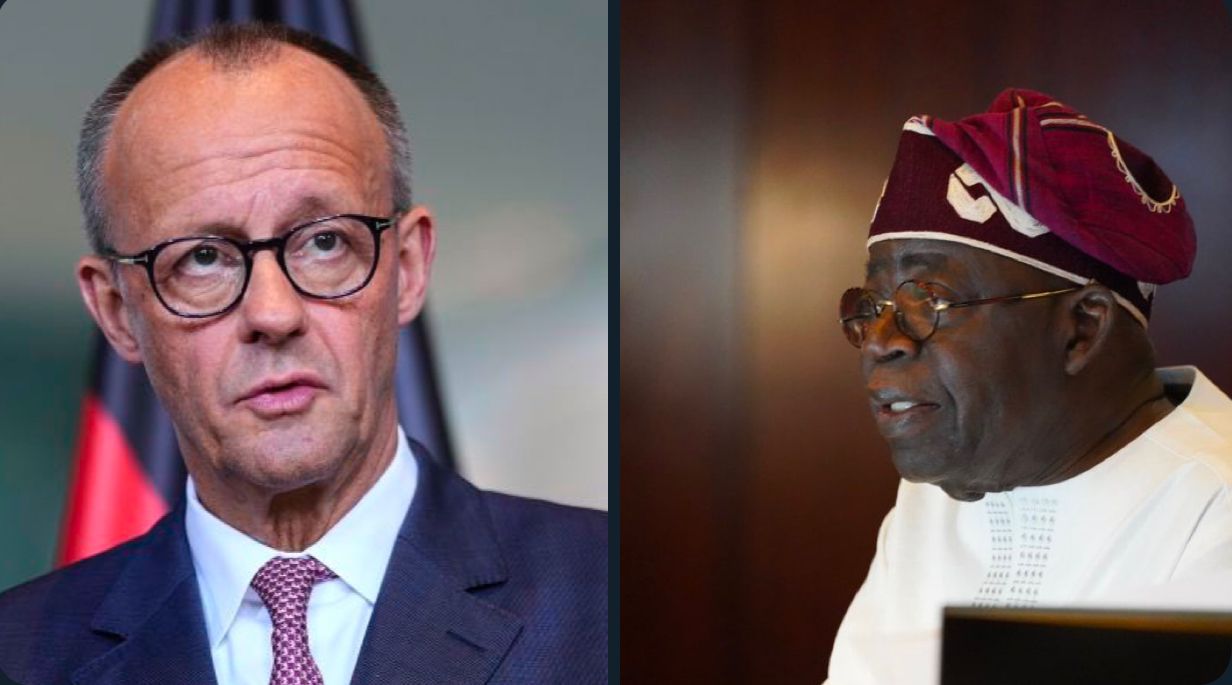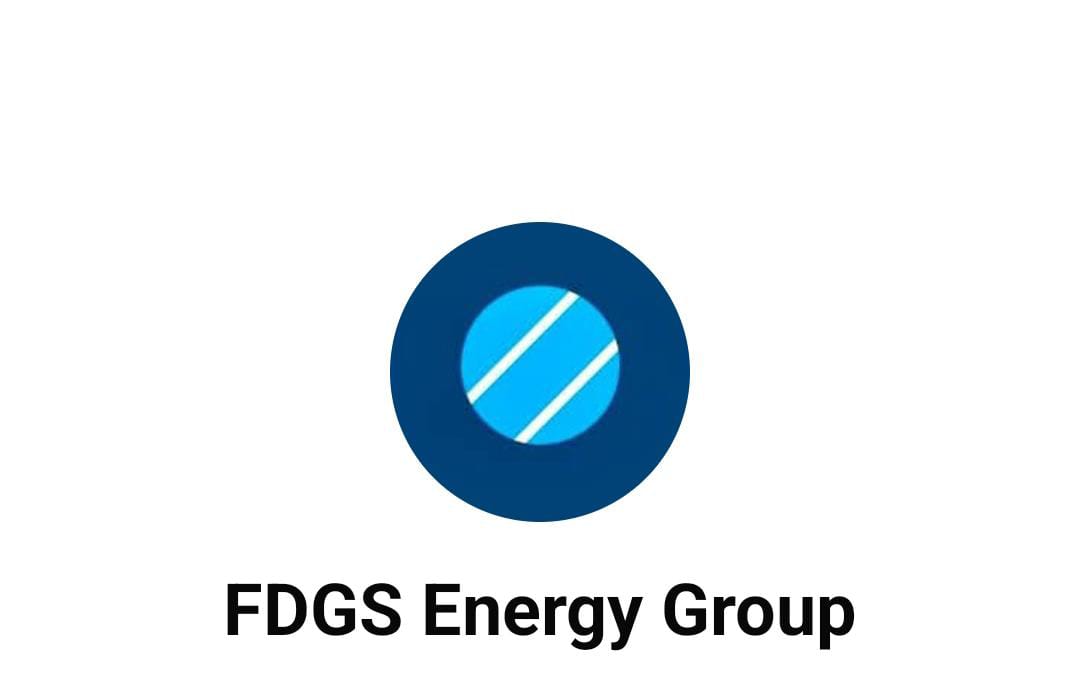Understanding Electricity Tariffs Increase In Nigeria
MONICA MADUEKWE

The government has hinted at another electricity tariff increase. According to Olu Verheijen, President Bola Tinubu’s Special Adviser on Energy, last year’s price adjustment covered only 65% of electricity supply costs, leaving the government to directly subsidize the remaining 35%.
Nigerians widely opposed last year’s tariff hike, as high inflation and a challenging macroeconomic environment have been eroding household incomes and business profits. However, is the expected tariff increase justified? Is it inevitable?
Understanding Electricity Costs
Electricity costs, or total costs, consist of fixed and variable costs.
- Fixed costs include expenses related to power generation infrastructure, financing, and project-related costs. A major component is the cost of capital, which depends on how lenders perceive project risks. Factors such as the creditworthiness of the project sponsor, project viability, repayment guarantees, and political risks influence financing terms. These, in turn, affect the pricing of electricity, as companies must charge enough to recover their investments and generate returns.
- Variable costs cover operational and maintenance expenses, salaries, fuel procurement and transportation, and other ongoing costs. These costs are highly susceptible to inflationary pressures. Currently, Nigeria’s inflation rate stands at 34.8%, impacting not only consumers but also power companies, which must deal with rising operational expenses.
The Service Quality vs. Pricing Dilemma
Many Nigerians argue that the quality of service from electricity companies does not justify further price hikes. However, poor service could be a consequence of insufficient revenue rather than inefficiency alone. Electricity providers struggle to cover rising fuel costs, salary payments, maintenance, and debt servicing. If these costs exceed their revenues, it can lead to underinvestment in infrastructure, worsening service quality.
This justifies the need for tariff increases—but only if higher costs are not due to inefficiencies such as operational waste, inadequate metering, or illegal electricity connections. The lack of universal metering means that only a fraction of connected customers bear the full cost burden, further straining electricity companies.
What Can the Government Do?
While the government currently subsidizes 35% of electricity supply costs, other interventions could help ease the financial burden on consumers:
1. Reducing Variable Costs: The government could provide concessional credit lines to electricity companies to lower their operating costs. Refinancing loans at more affordable rates could also reduce financial strain.
2. Data-Driven Tariff Adjustments: Any price increase should be based on thorough data analysis to determine whether rising costs stem from inefficiencies within electricity companies or broader macroeconomic conditions beyond their control.
3. Encouraging Competition and Private Sector Participation: Creating an investment-friendly environment would attract more private players into the power sector, increasing efficiency and reducing electricity costs over time.
4. Negotiating Cost-Effective Power Purchase Agreements (PPAs): The government must adopt best-in-class negotiation tactics to prevent long-term PPAs from locking Nigeria into higher-than-necessary tariffs.
5. Macroeconomic Stability: A stable macroeconomic environment is essential for long-term electricity sector improvements, as it influences inflation, exchange rates, and overall investment conditions.
While an electricity tariff increase may be necessary to ensure the financial sustainability of power providers, it should be based on a thorough assessment of cost drivers. The government must explore ways to lower operational costs and improve efficiency before passing the burden onto consumers. Structural reforms that enhance efficiency, reduce financing costs, and promote competition will ultimately ensure a more reliable and cost-effective power supply in the long run.
QUOTE:
While an electricity tariff increase may be necessary to ensure the financial sustainability of power providers, it should be based on a thorough assessment of cost drivers.
*Maduekwe is the founder of PUTTRU, Africa’s frontline platform facilitating investments in the continent’s energy sector.













